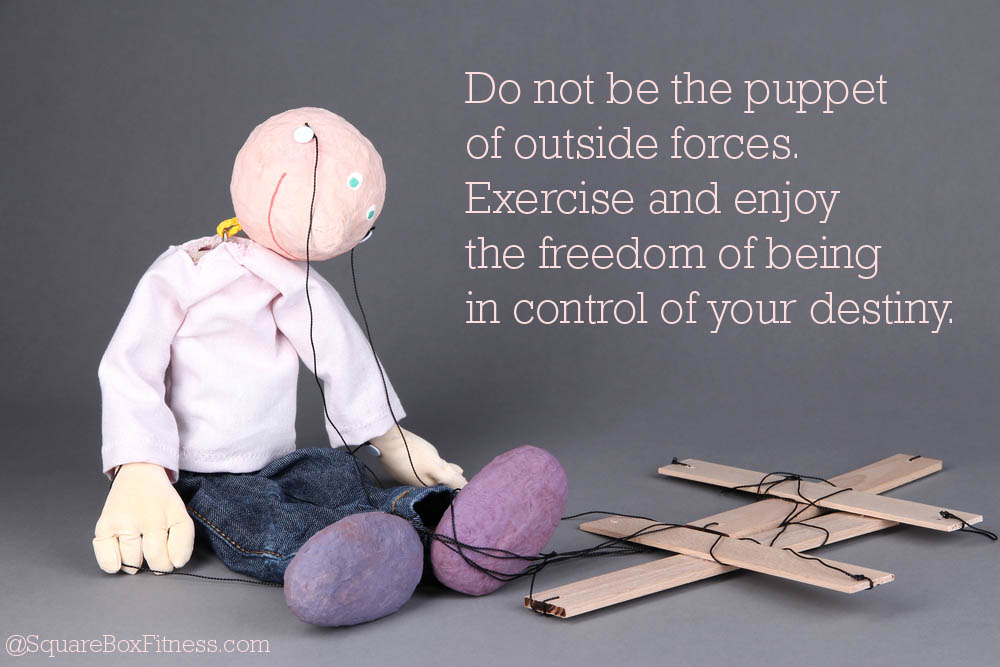This week we worked with resistance. Slowing the pace meant that we were able to activate smaller muscles that tend to relax in many movement patterns.
When we slow down our workout, we need to engage the stabiliser muscles to hold weight in place.
The workout was frustrating for those that like to exercise with speed. However, by the week’s end, the benefits were appreciated, with heavier lifts and sound, strong form.
The way we held our burden (weight) this week can be paralleled with how we manage burdens (problems) in our lives.
We found that by keeping the weight close to our body, we could “easily” move the weight. The further the weight was away from us, the more difficult it was to control.
Keeping problems at arm’s length makes them difficult to stabilise, by taking them closer and accepting ownership, we can engage the power of the many resources within us to “easily” shift our problems.
Reinhold Niebuhr, a theologian, said, “God grant me the serenity to accept the things I cannot change; courage to change the things I can; and wisdom to know the difference.”
Religion aside, Niebuhr puts forth the idea of a locus of control (LOC) and in psychology, LOC refers to how much we believe we have control over circumstances and events in our life.
People who have an internal LOC feel that their actions can make a difference in their life. Those with an external LOC may sometimes feel like victims of life’s ups and downs.
When we feel like victims, we are more likely to look for quick fixes, magic potions, pills, extreme diets and have bizarre beliefs about fitness.
The “secret” to shaping up is simply the understanding that we can make a difference to our life by exercising regularly and consistently.
When we choose to exercise, we take control of how we react to our environment. By finding the time to exercise, we learn to deal with life problems in a proactive way.
Live well and eat well
Anna


Recent Comments